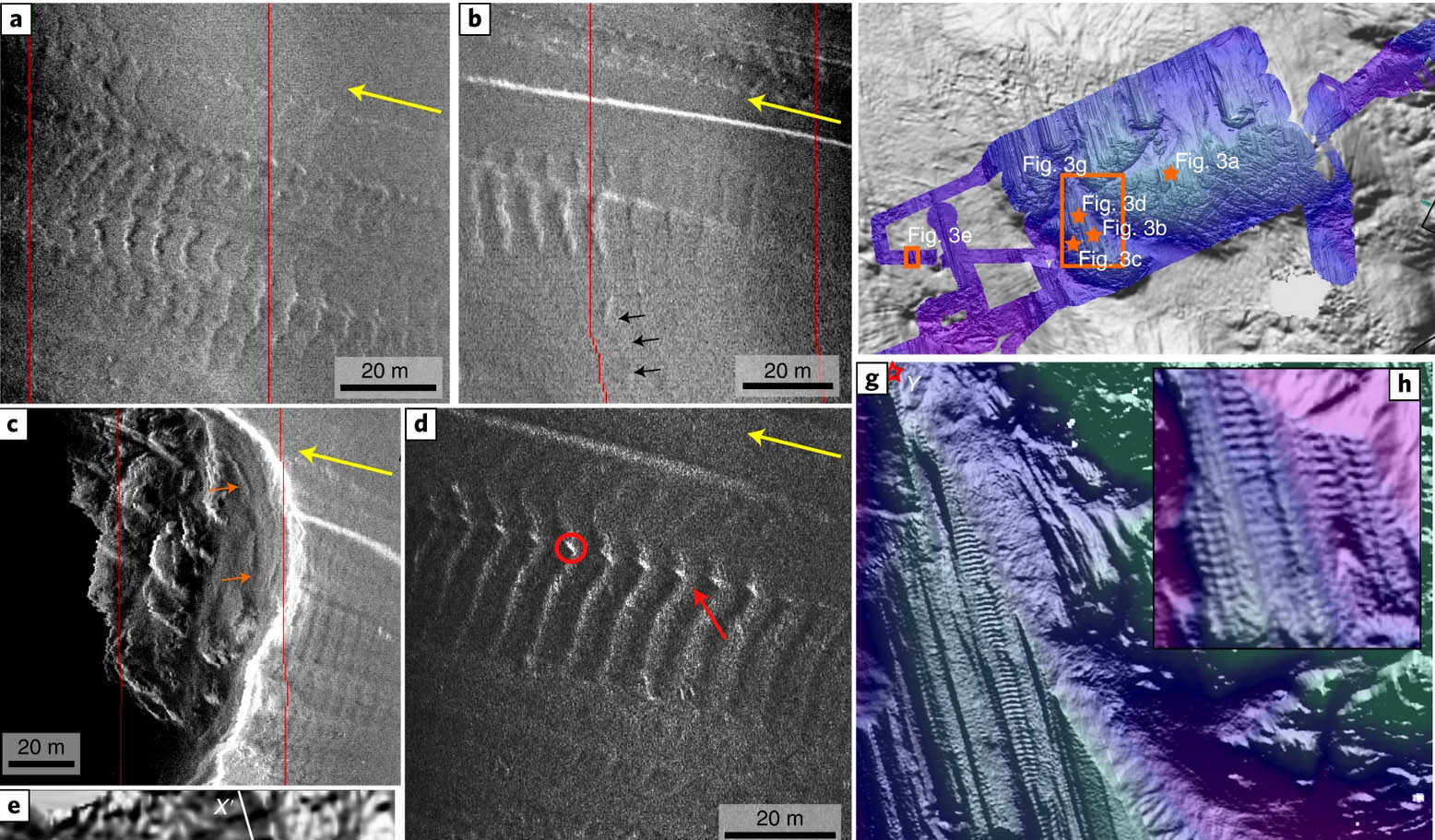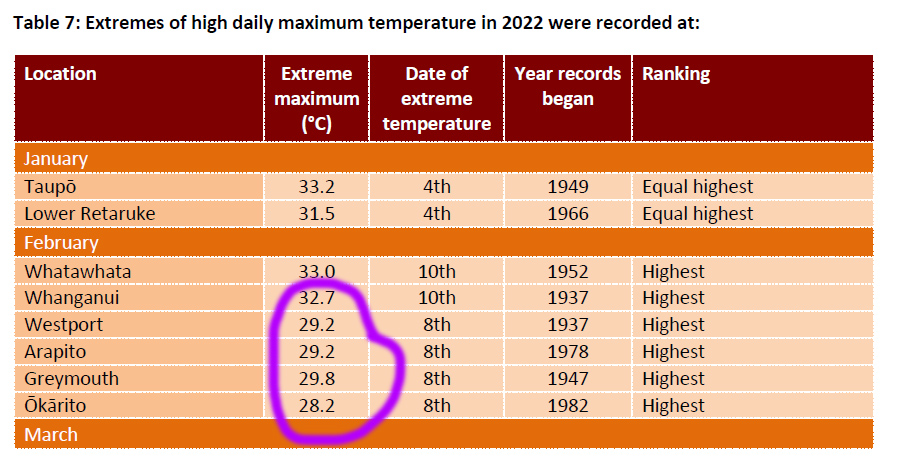 By Ken Dilanian
By Ken Dilanian
Tribune Washington Bureau
WASHINGTON – Efforts to reduce civilian casualties by restricting U.S. airstrikes and other uses of force in Afghanistan are also sparing American troops from attack, according to a new study to be unveiled Tuesday.
Tighter rules of engagement put in place last year by Gen. Stanley McChrystal have provoked complaints among U.S. troops that their lives have been put at risk. McChrystal’s replacement, Gen. David Petraeus, promised lawmakers last month he would re-examine how the rules had been implemented, while expressing overall support for them.
A study by the National Bureau of Economic Research, being released Tuesday at the non-partisan New America Foundation in Washington, found that civilian casualties in Afghanistan from U.S. and NATO actions “are associated with a substantively and statistically large increase in attacks” by the Taliban and other militants.
The study undercuts the notion that the military faces a zero-sum choice between protecting its troops and protecting civilians, said one of the authors, Jacob Shapiro of Princeton University.
“Doing a little bit more to protect civilians looks like it reduces the rate of attacks,” he said.
The study, funded by the Air Force and Stanford University, analyzed 4,000 civilian casualties and 25,000 fights between U.S.-led forces and insurgents over 15 months ending April 1. A typical incident that caused two Afghan civilian deaths provoked six revenge attacks in the district by the Taliban and other militants, the study found.
“The data are consistent with the claim that civilian casualties are affecting future violence through increased recruitment into insurgent groups after a civilian-casualty incident,” the study says.
Military officials, including Defense Secretary Robert Gates, have long acknowledged that civilian casualties were fueling the insurgency in Afghanistan, which is why McChrystal pushed hard to reduce them. Officials have noted that the Pashtun ethic group, which dominates the Afghan insurgency, lives by a code of honor requiring men to avenge the deaths of relatives.
“Our findings buttress arguments that the social traditions of the Pashtun ethnic group, which dominates the Taliban … are a key factor in supporting the insurgency,” the authors write.
The causal effect was different in Iraq, which the study also examined, and found that civilian casualties in a particular district did not result in a similar long-term increase in insurgent violence in that district. The finding also is consistent with what U.S. military officials have observed. In Iraq, the U.S. military has tamped down anger over civilian deaths and injuries by making payments to families. That approach has been greeted with affront in Afghanistan.
“The evidence shows that the conflicts in Afghanistan and Iraq are quite different in how civilian casualties affect the ability of insurgents to produce violence,” the study says. “In Afghanistan, we find strong evidence of a revenge effect. In Iraq, we find no such effect.”







